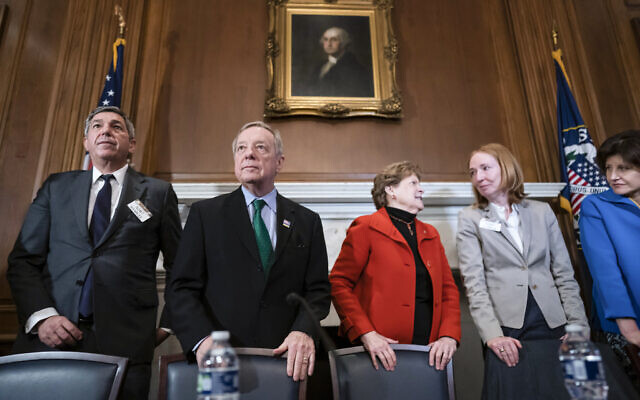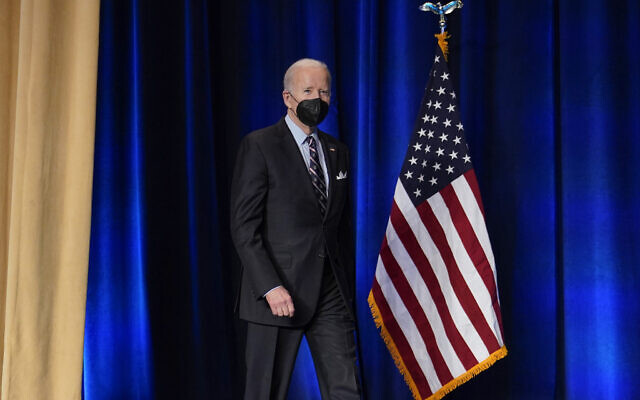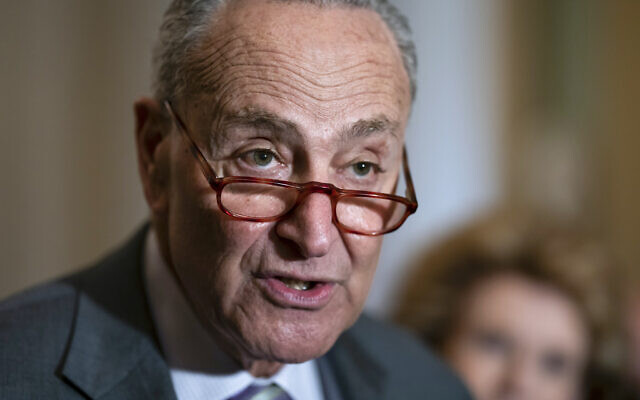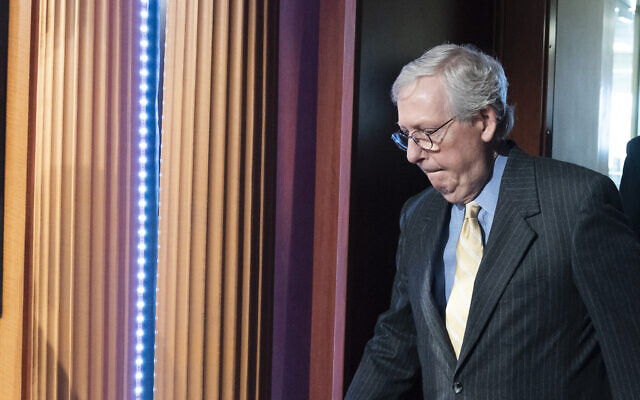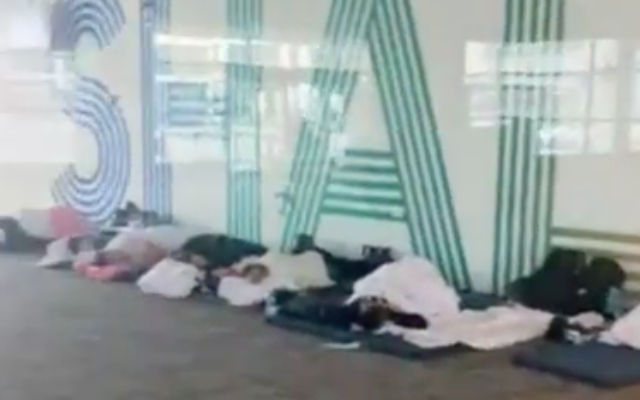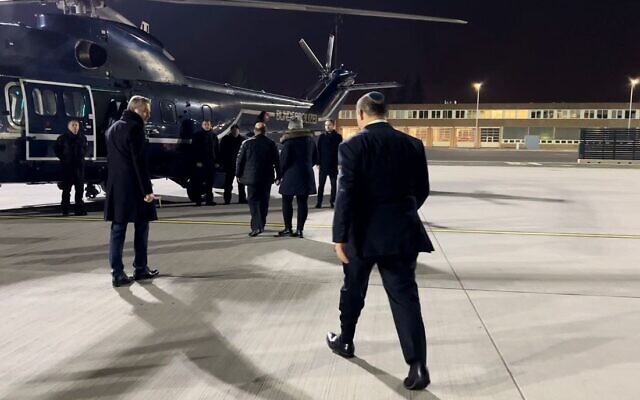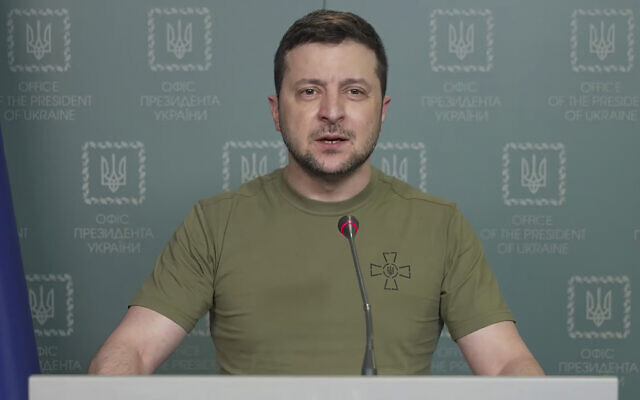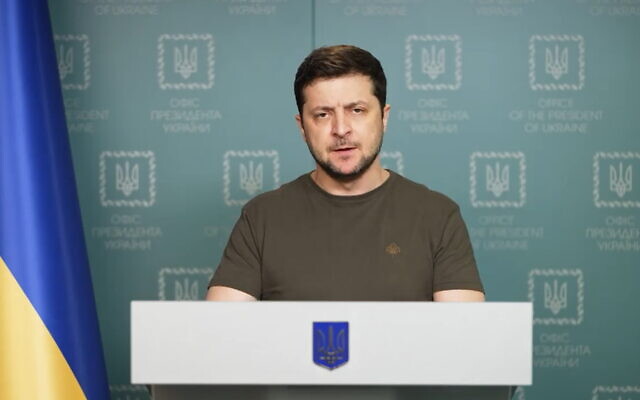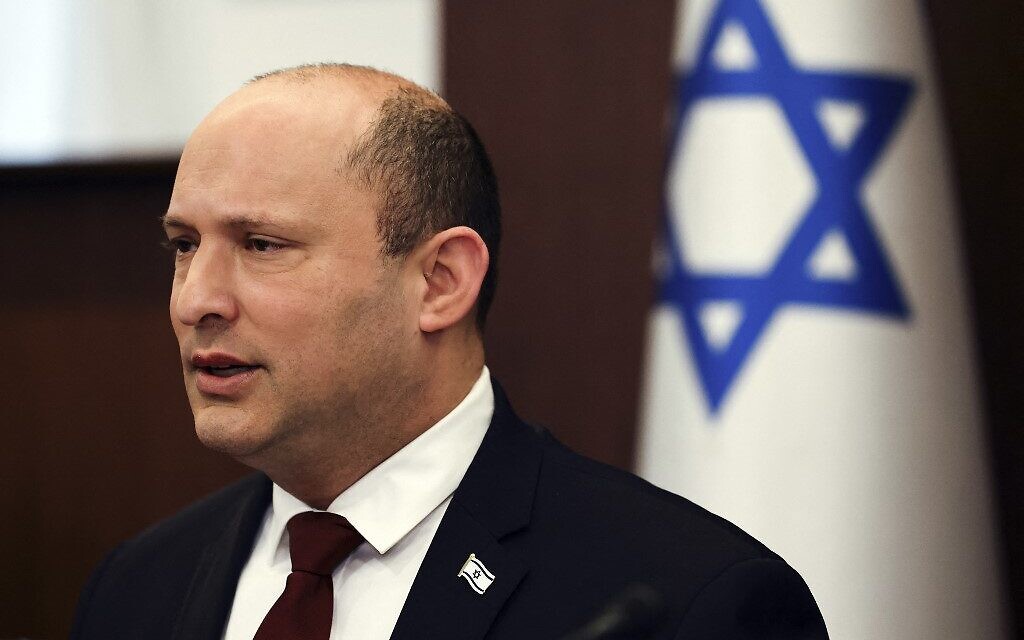Striking Minneapolis teachers denounce increased military funding while schools starve: “War fills the capitalists’ coffers”
Do you work at Minneapolis or St. Paul Public Schools? Tell us about the conditions in your school and what you think is the way forward in the strike. Comments will be published anonymously.
Over 4,000 Minneapolis teachers and educational support staff are entering their fourth day on strike Friday. Fighting for major wage increases, manageable classroom sizes, increased staffing, and protections from COVID-19, educators find themselves pitted in a struggle against the Democratic Party, which is insisting that teachers accept yet another austerity contract.
Negotiations between the Minneapolis Public School (MPS) system and the Minneapolis Federation of Teachers’ (MFT) chapter for support staff continued Thursday, following a 90-minute mediation session between the MFT’s teacher chapter and the district on Wednesday.
Significantly, in a graphic released by the school district earlier this week showing the most recent contract proposals, it was revealed that the MFT had already dropped its call for a 20 percent raise in the first year of the contract.
The new proposals by the MFT instead call for raises of 12 percent in the first year and 5 percent in the second year, along with a 3.4 percent “step” advancement, which are all but certain to be lowered still further in the course of negotiations. The MFT has stated that it will be “flexible,” signaling its willingness to surrender even more of the wage demands of teachers. In the previous 2019–2021 contract, a 1 percent wage increase was implemented for teachers and a 3 percent increase was implemented for ESPs (education support professionals) “who qualify for a raise.”
Greta Callahan, president of the Minneapolis Federation of Teachers, stated on the opening day of the strike, “I can’t stress enough that all we want is competitive pay. … The only number we are hard on is $35,000 for ESPs.”
Even a 12 percent raise would likely fail to keep up with rapidly rising inflation, which economists are projecting to rise even more quickly as supply disruptions from the war in Ukraine and the economic sanctions against Russia make themselves felt throughout the global economy. Data released Thursday by the Bureau of Labor Statistics for February showed that the consumer price index had increased 7.9 percent compared to a year ago, with costs for items such as meat (13 percent) and heating gas (23.8 percent) and motor fuel (38.1 percent) increasingly even more sharply.
Provocatively, Minneapolis school board chair Kim Ellison suggested that a 12 percent raise would necessitate cuts elsewhere. Ellison attempted to both blackmail teachers and stoke racial divisions, saying, “We all know where those cuts historically have happened. It’s going to affect our students of color and our students most in need.” The MFT, for its part, has backed a reactionary plan to prioritize race in the hiring and firing of teachers, implicitly accepting the argument of the Democrats that there are not enough resources to bring all school staff up to a decent standard of living.
Felix, an ESP worker for MPS schools, told the WSWS on the picket lines Thursday, “I don’t even make $20 an hour. Most of us work two jobs, and that includes teachers.” When a reporter spoke about how the US drive to war is at the center of demands for austerity, another striking ESP chimed in, “Of course they invest in war. War fills the capitalists’ coffers, it’s a profitable business for them.”
The moves by the MFT confirm warnings made to teachers by the World Socialist Web Site, which wrote on March 1 that the 20 percent wage demand was “widely seen as symbolic and only a ‘starting point’ in negotiations, which the MFT will quickly retreat from.”
The teachers’ unions have been working to ensure that the strike in Minneapolis is contained, isolated and shut down at the earliest opportunity. On Monday evening, the St. Paul Federation of Educators announced that it had reached a tentative agreement with St. Paul’s school district, blocking a strike by several thousand more teachers and school staff that was set to begin the same day as the walkout in neighboring Minneapolis. Details of the agreement in St. Paul have yet to be released publicly, but the SPFE had stated it was calling for raises of just 2.5 percent a year for teachers, a massive cut in real wages with inflation.
The American Federation of Teachers, the parent of the MFT and SPFE, and its president, Randi Weingarten, a key ally of the Biden administration, are determined to enforce the demands for austerity by the Democratic Party, which is in the midst of ramping up war preparations. On Wednesday night, Democrats and Republicans overwhelmingly passed a massive funding package for the military, amounting to $782 billion, not including additional money for nuclear arms development and the Department of Homeland Security.
WSWS reporters spoke with striking educators and their supporters across Minneapolis Thursday.
One teacher, pointing to the immense strain on schools posed by the social crisis and rampant poverty, said, “It’s not fair that schools have to serve as a safety net for society when there aren’t any safety nets for teachers and parents.”
Josh, another ESP, spoke with the WSWS about the growing dissatisfaction among educators with the MFT’s promotion of the Democratic Party. “There are a lot of us who have been trying to raise this question; even after [Minneapolis Mayor] Jacob Frey promised to freeze funding for the police and stop no-knock warrants, they want us to vote for the Democrats.”
The Twin Cities have emerged as an epicenter of opposition to police violence since the start of the pandemic, with global protests sparked following the brutal murder of George Floyd on May 25, 2020, in Minneapolis. In February of this year, Amir Locke was brutally killed by police in Minneapolis following a no-knock raid. Attempting to placate popular anger, Frey had previously issued empty promises to reduce police funding in Minneapolis.
Josh continued, “This is the same party that we are striking against in both cities.”
Peter, a hotel worker and artist who was demonstrating to support striking teachers, said, “I am here supporting the teachers’ fight for better conditions. I think it’s ridiculous that teachers have been starved of funding for so long. I agree that bringing everyone together would be good for workers.”
Speaking about the press’s attempts to pit the community against teachers and the efforts of the Democratic Party–controlled unions to split the struggle of St. Paul teachers from Minneapolis teachers, a striking Minneapolis teacher, Mary-Ann, said, “There are a lot of forces trying to keep us divided in many ways.”
Justin, a teacher at Washburn High School, spoke with the WSWS about the $9 billion-plus budget surplus in the state of Minnesota. “That money is our money. It is the collective money of our state. That should be going in to support programs and people. And the reason that money is there is because it’s been siphoned off from the working class for a long time, including from public schools.”
Justin continued, “I think the biggest thing is that there is this kind of myth-making—‘we can’t afford this, we have to settle.’ They’re saying we don’t have the money. But that often is not the case. They find the money for wars and a myriad of things.”
The recent moves by the MFT to lower its proposed wage increases indicate that the unions are moving quickly to impose the Democratic Party’s demands in the Twin Cities. Teachers must not wait for whatever miserable austerity agreement emerges from the negotiations, but instead must take the initiative now and break the isolation of their strike.
Despite the efforts of the White House and the corporate media to promote a fraudulent “national unity” and deflect social anger outward against a “foreign adversary,” anger continues to build within the working class over precipitously falling living standards and intolerable working conditions. Educators in two Chicago suburban school districts have launched strikes over the last week, striking aerospace workers at a defense contractor in Iowa voted down a second contract offer by a near-unanimous margin, and opposition among oil refinery workers remains high as they vote on a sellout agreement negotiated by the United Steelworkers.
The WSWS urges educators to form new, rank-and-file committees to take the conduct of the strike out of the hands of the unions and expand their struggle to all sections of workers, in the Twin Cities and throughout the country. The defense of educators, public education and students requires a break with the unions and the Democratic Party, which along with the Republicans has presided over the catastrophic response to the COVID-19 pandemic and is now threatening to precipitate a catastrophic war with Russia.

